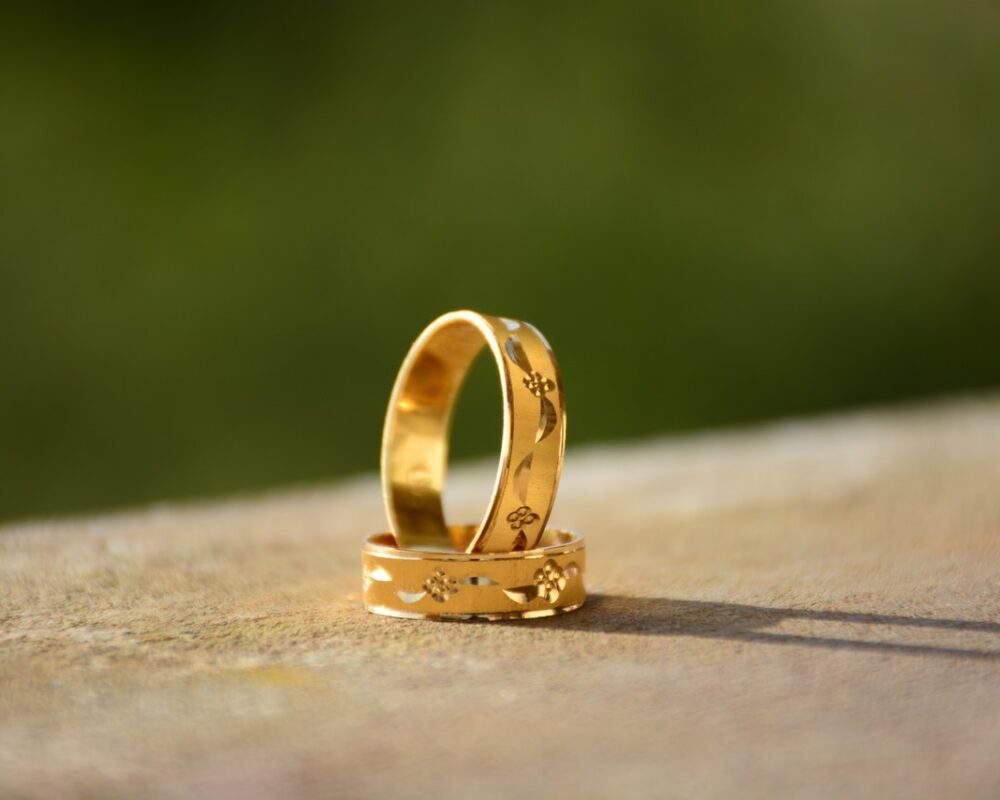Prenuptial agreements, commonly known as prenups, are becoming more common in England and, indeed, across the whole of the UK. Following the Radmacher v Granatino case in 2010, where the courts upheld a prenuptial agreement in England for the first time, courts have been giving prenups more weight in the event of a divorce.
The general public has also become more aware of prenups and their power in the court which is enhanced by the fact that people are getting married later in life than in the past and therefore have more assets before marriage.
If you are thinking of signing a prenup before your marriage, then get in touch with one of our expert divorce law solicitors to get started on the process.
What is a prenuptial agreement?
A prenuptial agreement is a contract that is drawn up and signed before marriage which details what will happen to either spouse’s pre-marital and marital finances, assets, debts and any other belongings should the marriage break down and lead to divorce.
Prenups are bespoke contracts and can therefore include any clauses that either spouse may desire -as long as both parties are in agreement and the clauses are fair and legal.
What is the purpose of a marital prenup?
A prenuptial agreement is for protecting your assets in marriage. They are designed to give the people getting married more control over their assets should their marriage break down rather than leaving it up to the courts.
In the past, prenups were viewed as a way for very wealthy individuals to protect their assets from their less wealthy partner in the event of a divorce. While prenups may still be used for this case, more couples are signing prenups to avoid the expensive and complicated court process that they may endure if they were to get a divorce. In addition, this allows the parties to decide for themselves how they want their assets to be divided if it all.

Key aspects of a prenuptial agreement
Every prenuptial agreement is different as they include what either spouse decides is relevant for them.
However, there are a few key aspects of a prenuptial agreement that need to be in place for a prenup to be considered valid.
For example, your prenup should be signed at least 21 days before your marriage, ideally even longer before that for it to have a higher chance of being legally binding.
Other factors that need to be met include:
- Both parties received independent legal advice before entering into the prenup
- Both parties understood the implications of the contract and were agreeing of sound mind and without coercion
- Any children who were alive before or after the marriage are treated fairly by the prenuptial agreement
Who needs a prenuptial agreement in the UK?
A prenup is not a pre-requisite for marriage. However, any couple that is planning to get married can sign a prenuptial agreement regardless of their own wealth.
If you have more wealth or more valuable assets than your partner, or you expect to receive higher-earnings or a large sum in the future, then you may be more inclined to sign a prenup to protect your wealth.
Alternatively, if your partner has a lot of debt, then you may want to sign a prenup to avoid being saddled with any of their debt if you were to divorce.

What happens after a prenuptial agreement divorce in the UK?
Provided that your prenuptial agreement was drawn up by a knowledgeable solicitor and meets all qualifying criteria, the courts should uphold it if you were to ever get divorced.
Prenuptial agreements can be contested by either spouse, yet if you can prove that all qualifying criteria had been met then the contest will be thrown out, as what happened in the Radmacher v Granatino case in 2010.
Typical UK prenuptial agreement
There is no one typical prenup agreement that can be copied to suit all parties. Prenuptial agreements are bespoke contracts, drawn up to suit a specific couple relating to their individual finances and assets.
Prenup agreement examples
Below are some examples of basic prenuptial agreement clauses that may be relevant to different individuals depending on their circumstances.
Example A: John and Mary
John is a wealthy business owner and Mary is a school teacher.
They sign a prenuptial agreement that states John is solely entitled to any future income relating to his business should they divorce.
In this case, if the couple divorce, Mary is not entitled to a stake in John’s business, any of his business’ earnings, or a pay-out to compensate for any earnings made in the future.
Example B: Sam and Janet
Sam has over £400,000 worth of debt from his business and property and Mary comes from a wealthy family and is anticipating a large inheritance.
They sign a prenuptial agreement that states Mary does not inherit any of Sam’s debt where they to divorce, and that Mary’s future inheritance is protected.
In this case, if the couple divorce, Mary will not be responsible for paying off any of Sam’s debt and will not have to make any payments from her inheritance to Sam.
FAQs
How much does a prenuptial agreement cost in the UK?
Prenups in the UK can cost anywhere from just under £1,000 all the way to a many thousands of pounds.
We recommend not basing your choice on family law solicitor solely on their price as you do get what you pay for and some solicitors with a low upfront cost may add additional fees as the process goes on.
How long does a prenup last?
Prenuptial agreements are designed to operate for the duration of the marriage.
However, as prenups are bespoke contracts, they can include an end/review clause term if you so wish.
Can you get a prenup without being married?
You can sign a prenuptial agreement in advance of marriage if you know that you are going to get married.
If you know that you are not going to get married in the future and you still want some added clarity and security regarding your possessions in your relationship, then a cohabitation agreement may be better suited for you.
Can you sign a prenup after you get married?
You cannot sign a prenup after your wedding. However, you can sign a postnuptial agreement which is treated the same in court as a prenuptial agreement, with the only difference separating the two being the signing date.
Can prenups protect my future earnings?
It is possible for prenups to protect future earnings or assets, yet they may need to be explicitly referenced in the agreement to be valid.
This may include clauses referring to any future income from a source if it is already in your possession, such as a business that you own.
It may also refer to earnings coming from a source that is not in your possession at the time of writing your prenup, such as an inheritance.
Do you always sign a prenup before marriage?
It is not legally necessary to sign a prenup before marriage, although it is recommended and is becoming more common across the UK.
Can a prenup be voided after death?
The terms dictated by a prenup can still be enforced following death so ideally your prenuptial agreement will specify what your wishes are if either you or your partner were to die.
For example, a prenuptial agreement may stipulate that neither party can make a claim against the estate provided the will does not contradict any terms in the prenuptial agreement.
Are prenuptial agreements binding in the UK?
Prenuptial agreements are commonly underestimated in the UK regarding their enforceability. Provided that the agreement meets the qualifying criteria, it will be upheld in court.
What is the difference between a prenup and a postnup?
A prenuptial agreement is signed before marriage. A postnuptial agreement is signed after marriage.
Does a will override a prenup?
If your prenuptial agreement was entered into freely, fairly, and meets all qualifying criteria, then it will be upheld in court following your death and therefore will not be overridden by your will.
Got a question for our divorce law experts?
Get legal advice or a consultation by filling out the contact form below.
